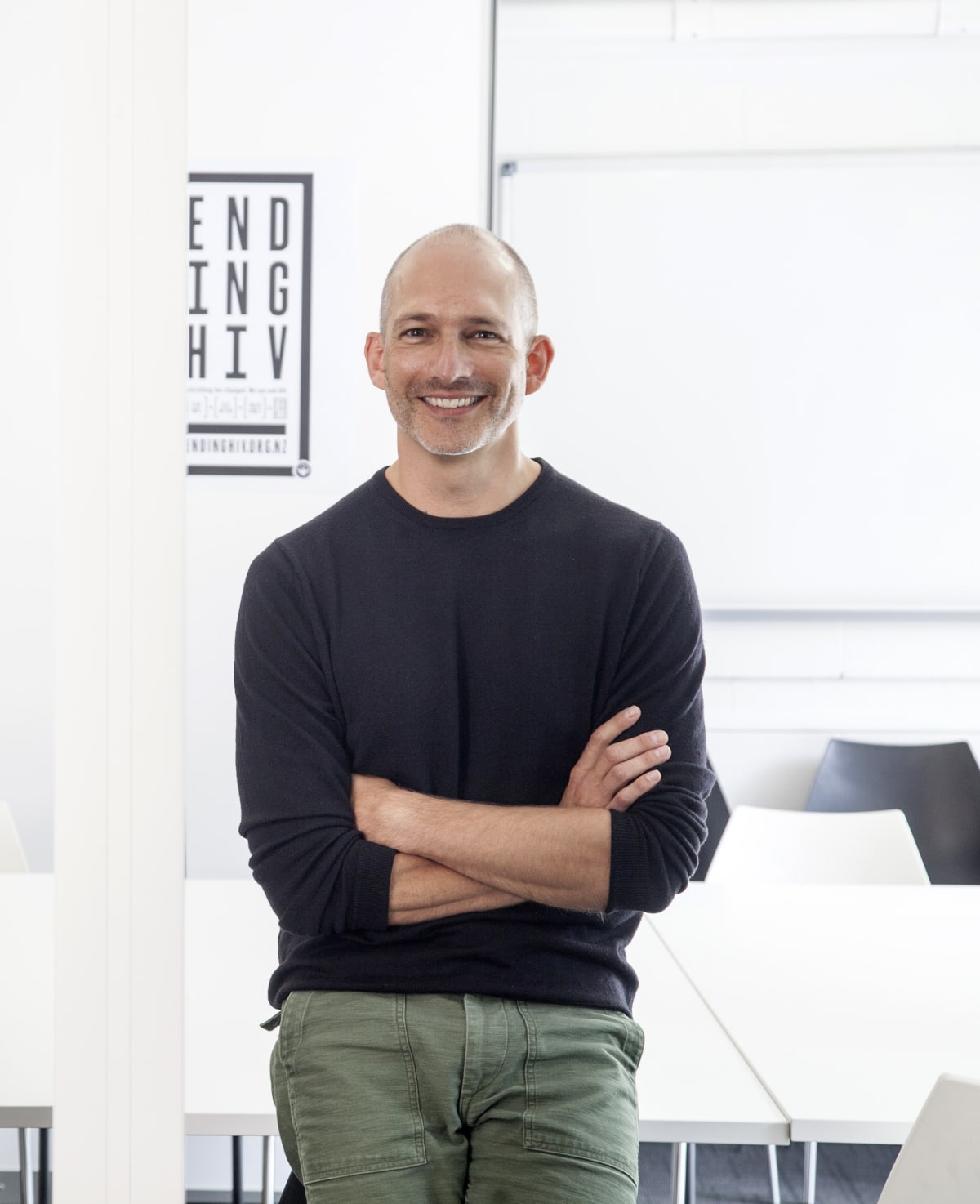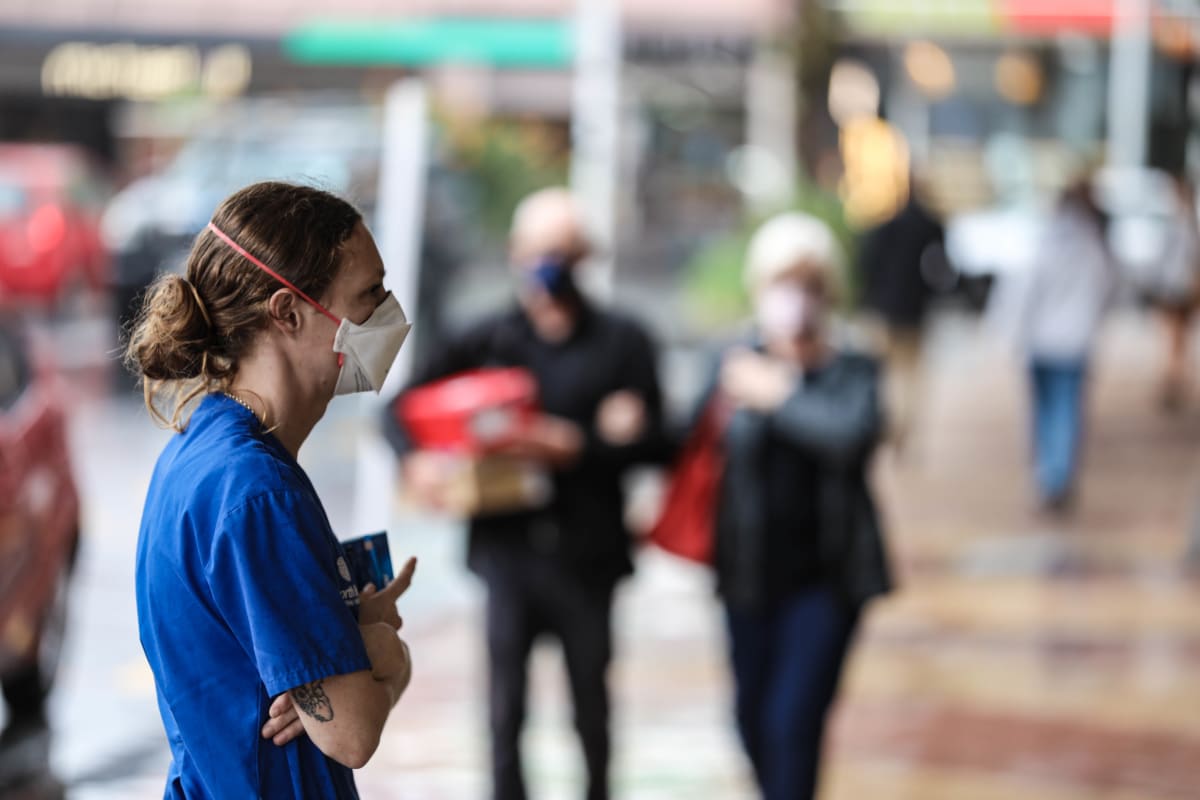
Every weekday, The Detail makes sense of the big news stories. This week on the podcast, we've covered NZ Rugby’s deal with Silver Lake, the road to zero new HIV infections by 2025, the problems at Christchurch City Council, and whether recruiting overseas nurses is the answer to our chronic nursing shortage.
Whakarongo mai to any episodes you might have missed. Find out how to listen and subscribe here.
Done deal: Why has NZ Rugby teamed up with Silver Lake?
New Zealand Rugby's provincial unions last week voted 89-1 in favour of selling a six percent slice of the organisation's revenue-generating assets to the US private equity firm Silver Lake.
But what does that mean? As RNZ's rugby reporter Joe Porter explains, the $200 million minimum investment from Silver Lake means we can expect to see a new push to commercialise the legendary All Blacks brand. We're likely to see more non-test matches and there might be a concerted effort to let players' personalities shine more through online content.
The idea of selling even a small part of the national team to an overseas buyer is beyond the pale to some rugby fans, but Porter says there is no other option.
"New Zealand Rugby needs the money. And if New Zealanders value the All Blacks being the best team in the world ... they have to admit that the money will really help," he says.
HIV and the road to zero new infections
There were only 112 recorded transmissions of HIV in New Zealand in 2021 – the lowest rate of new infections since the late 1990s.
But we have a big goal looming – to get to zero new infections by 2025. The Detail asks Dr Peter Saxton, an associate professor at the University of Auckland and a member of the AIDS Epidemiology Group, what's gotten us this far and what’s standing in our way now.

One of the biggest drivers of the drop in cases has been put down to the availability of preventive medications like the pill PrEP, or pre-exposure prophylaxis. When taken correctly, it can reduce the likelihood of contracting HIV by up to 99 percent - but Saxton says there are cost and eligibility barriers for those in our health system who want to take the pill.
"Is there equity in that prevention coverage? Are there gaps in some communities who don't have as good access to those prevention tools as other groups?
"If that's true, we're not going to get to zero," he says.
What's behind Christchurch City Council’s popularity slump?
The Christchurch City Council is in a pickle.
Its public approval rating has flopped from 80 percent in 2007 to just 42 percent in 2022. Nearly a fifth of its employees have left in the past year. Add to that the recent budget blowout with the stadium project and the burnt down Bromley wastewater treatment plant and you've got what Newsroom’s South Island correspondent David Williams calls "a perfect storm".
Williams chats to The Detail's Emile Donovan about the city's series of unfortunate events.
How hard is it to lure nurses to New Zealand?
When a teenage gunman shot dead 19 children and two adults at a school in Texas last month, Christchurch-based nurse recruiter Prudence Thomson was inundated with calls from the United States.

"It was pretty sad. I said to one of my recruiters, here we go, we're going to get some interest from the US and sure enough we had some GPs, surgeons, nurses. It was just bing, bing, bing, 'hi, I'm from the US'."
Thomson tells The Detail what it takes to get overseas nurses into New Zealand during a global nurse shortage.
The Detail also talks to New Zealand Nurses Organisation president Anne Daniels about the urgent need to grow and support the local workforce.
Find out how to listen and subscribe to The Detail here.
You can also stay up-to-date by liking us on Facebook or following us on Twitter.








